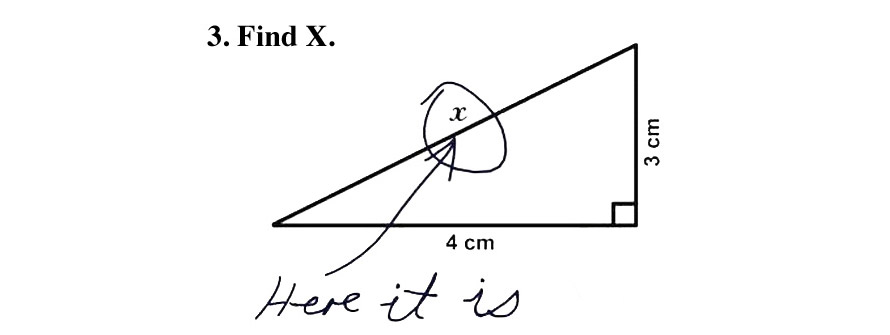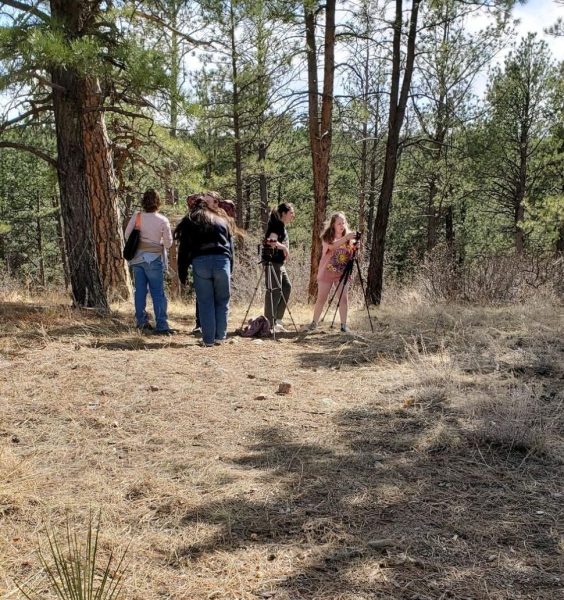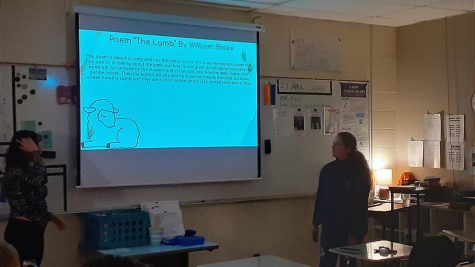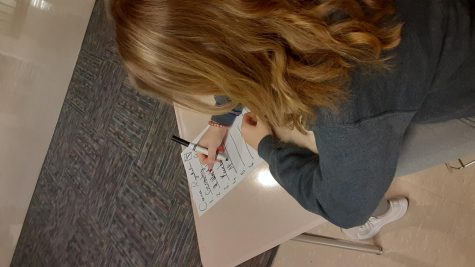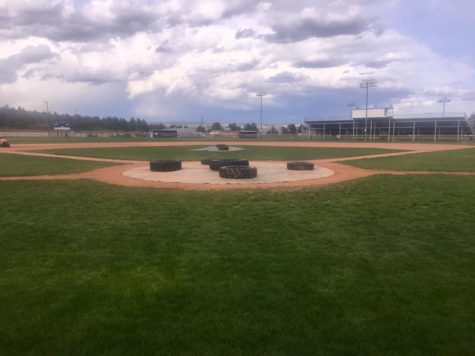The Truth, And Nothing But The Truth, About Math
There’s a pretty good chance that at least once in your life, while you were sitting in your Geometry or Algebra class, you asked yourself, “When will I ever need to know this later in life?” Truth is, a lot of you probably won’t be finding angles or deriving equations ten years down the road. However, math helps us to understand the world — and in return, we use the world to understand math.
Algebra and the study of exponential growth or decay can explain how quickly water becomes contaminated, as well as how many people in a third-world country drinking that water might become sickened on a yearly basis. Geometry builds the world around us through architecture. Without it, we would have no sense of design (not just for buildings, but for art also). Statistics and probability can be used to predict profits and track stocks, or they could be used to explain how previously endangered animals could repopulate. [1]
With math, we can understand our number systems by understanding those that are rooted in other cultures, such the Mayan and Babylonian systems (a base 20 and base 60 system). They provided us with elements that still apply to current math systems, for example the 360 degrees in a circle and the division of an hour into 60 minute intervals. [1]
If that means nothing to you, here’s a scenario that might strike home a bit more. Imagine trying to live on your own. You’re in charge of taxes, revenue, insurance, loans, investments, and more. How could you possibly deal with these (successfully) without some knowledge in Algebra? Even something as simple as giving a waiter a tip requires math. Do you know how to find eighteen percent of $28.67? If you do, would you know how to without basic Algebra? Or maybe you just throw down a five dollar bill every time and call it good, no matter if it’s fifty percent of the overall price, or five.
Maybe you think, “I want to be a writer, so I won’t need math. Just let the engineers deal with it; my phone or computer can do all of that basic stuff for me anyway.” Yet, without math, your computer couldn’t even function. The instant you press the power button, the computer is decoding a series of 1’s and 0’s (also known as assembly language) that tells it the most basic commands to perform. This assembly language is the operating system for the computer. The higher level processes performed by the computer are created almost entirely from Algebra and the process of calculating variables and assigning them numerical or string (a series of characters, such as a password) values. These higher level languages are then converted into assembly language for the CPU (central processing unit) to understand.
Now, take a moment to think about the world we live in. We are drowning in the presence of technology. Every single application on, perhaps, a phone is created with Algebra through the process just explained to you. If math was never used, we wouldn’t even have phones. Instead of taking ten seconds to text friends or shoot them an IM over Facebook, our communication would be much more primitive.
So, are you still going to say that you’ll never use math after high school?
[1] http://asiasociety.org/education/resources-schools/professional-learning/understanding-world-through-math



